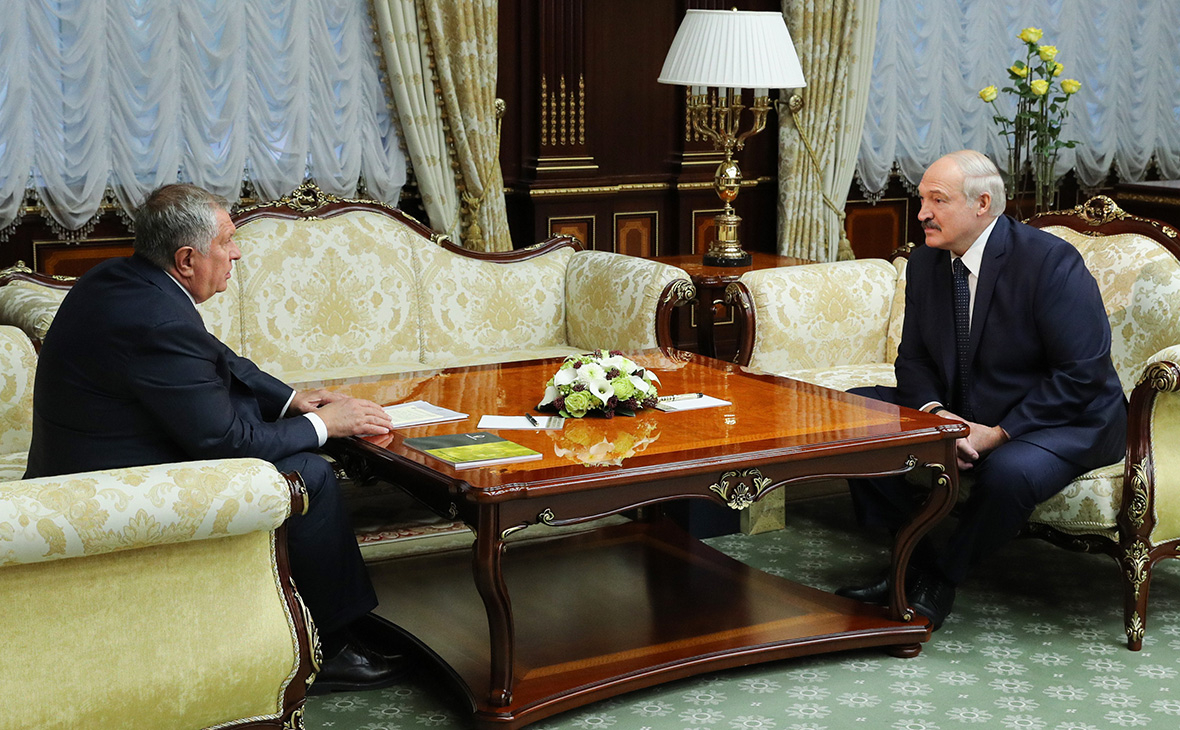Belarus and Russia have moved towards an agreement by March
 The situation has gotten better
The situation has gotten better

Following threats to Russian oil and gas transit security through Belarus, Rosneft Head Sechin met with Lukashenka in Minsk, and two days later, President Putin proposed a step towards a compromise between Belarus and Russia on oil supplies. The parties are likely to map mutual interests by March and conclude an agreement before the year-end, restoring supplies to Belarusian refineries.
On February 18th, 2020, the head of the largest Russian oil exporter, Rosneft, Sechin, met with Lukashenka in Minsk. For reference, last week, Lukashenka threatened with filtering oil from the Druzhba pipeline, intended for European customers. That said, Rosneft has an extended network of oil refineries in Germany and petrol stations in countries receiving oil via Druzhba, therefore Sechin is more interested in sustainable oil transit than other Russian oil suppliers. In addition, Lukashenka could have promised additional benefits to Sechin, such as the status of a special oil supplier to Belarus, or an increase in the number of shares in the Mozyr oil refinery, or the promise to purchase gas from Rosneft (Rosneft disputes Gazprom’s monopoly on gas export) or a combination of all, or some other ideas for a joint oil business.
In addition, Belarus’ position in the dispute with Russia last week was strengthened by a statement of Ukrainian Ambassador Kizim and the announced purchase without a premium of two Russian oil tankers with transshipment in Klaipeda (the competition with the Baltic ports is sensitive for Russia). On February 20th, Kozak held a briefing with heads of oil companies on the prospects for resolving a dispute with Belarus.
On February 21st, Putin phoned Lukashenka with a proposal to reduce the premium to Russian suppliers by USD 2 per ton per annum. For reference, currently, the price of oil for Belarus is calculated according to the following formula: the Urals price minus the export duty (decreasing annually by 5%) minus the cost of transit plus a USD 10 premium per ton. Putin’s proposal would enable to partially offset lost revenues due to gradual reductions in export duty.
For Belarus, in such an agreement, the most important issue would be not the total size of the gain, (in any way, it would be less than Belarus had already lost due to the confrontation), but Lukashenka’s symbolic victory in the dispute and the confirmation of his exceptional role in the Belarusian economy.
Valeriya Kostyugova
Subscribe to our newsletter




Situation in Belarus
Constitutional referendum: main consequences


 Video
Video
How to count the political prisoners: are the new criteria needed?


 Video
Video
Paternalism In Decline, Belarusian Euroscepticism, And The Influence Of Russia


 Video
Video












